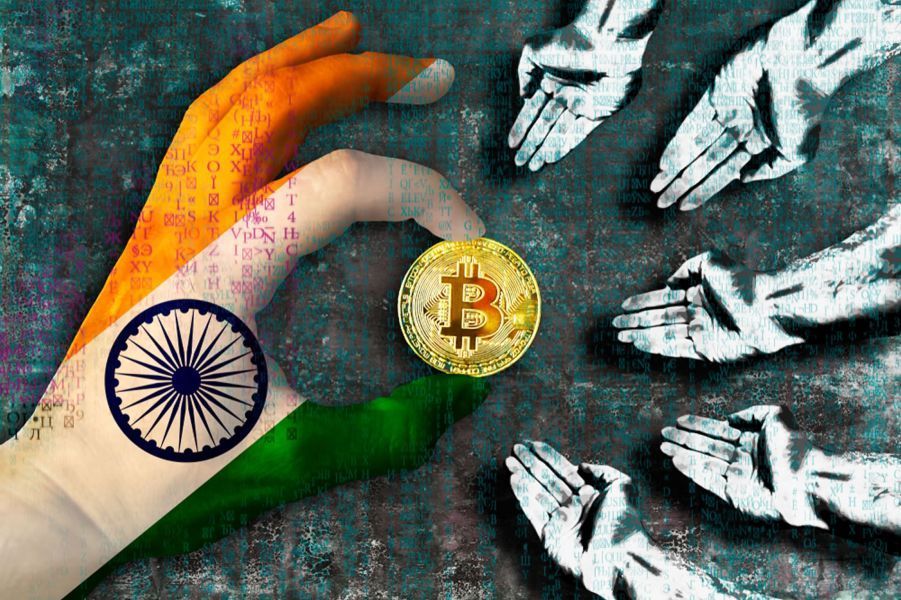According to the Times of India report, India’s central government is currently weighing a proposal to impose a Goods and Services (GST) tax on cryptocurrencies, which is estimated to amount to Rupees 40,000 crores ($5.45 billion) annually. The tax proposal was put forward by the Central Economic Intelligence Bureau (CEIB), an arm of the finance ministry that has reportedly been surveying the potential taxation of cryptocurrency in India. The new tax would treat Bitcoin as an ‘intangible asset,’ and a GST levy could be imposed on all transactions.
CEIB proposed treating cryptocurrency as a ‘current asset.’
Reportedly, the CEIB has also proposed treating cryptocurrency as a ‘current asset,’ enabling GST to be charged on margins to be made in its trading. This is a significant amount, if imposed, on every crypto trade, as India currently ranks second in Asia for being the country that trades the most amount of Bitcoin. According to data from Paxful, the Asian country has traded Bitcoins worth a total amount of almost $75 million in 2020 alone, which is an increase of 347% from 2019.
The Income Tax Department might treat active trading as a speculative business.
As reported earlier, according to local tax expert Amit Maheshwari, the tax department will treat active crypto trading as a speculative business. Income Tax Department will attract normal tax rates, which could be as high as 30%, Maheshwari, a partner at consulting firm AMK Global, told Economic Times. Most tax experts anticipate a 30% tax on cryptocurrency gains. Many are advising their clients to file their returns as capital gains, as they would with stocks, to attract a lower tax rate. Indian crypto community has been pushing for clear regulations for a long time.









